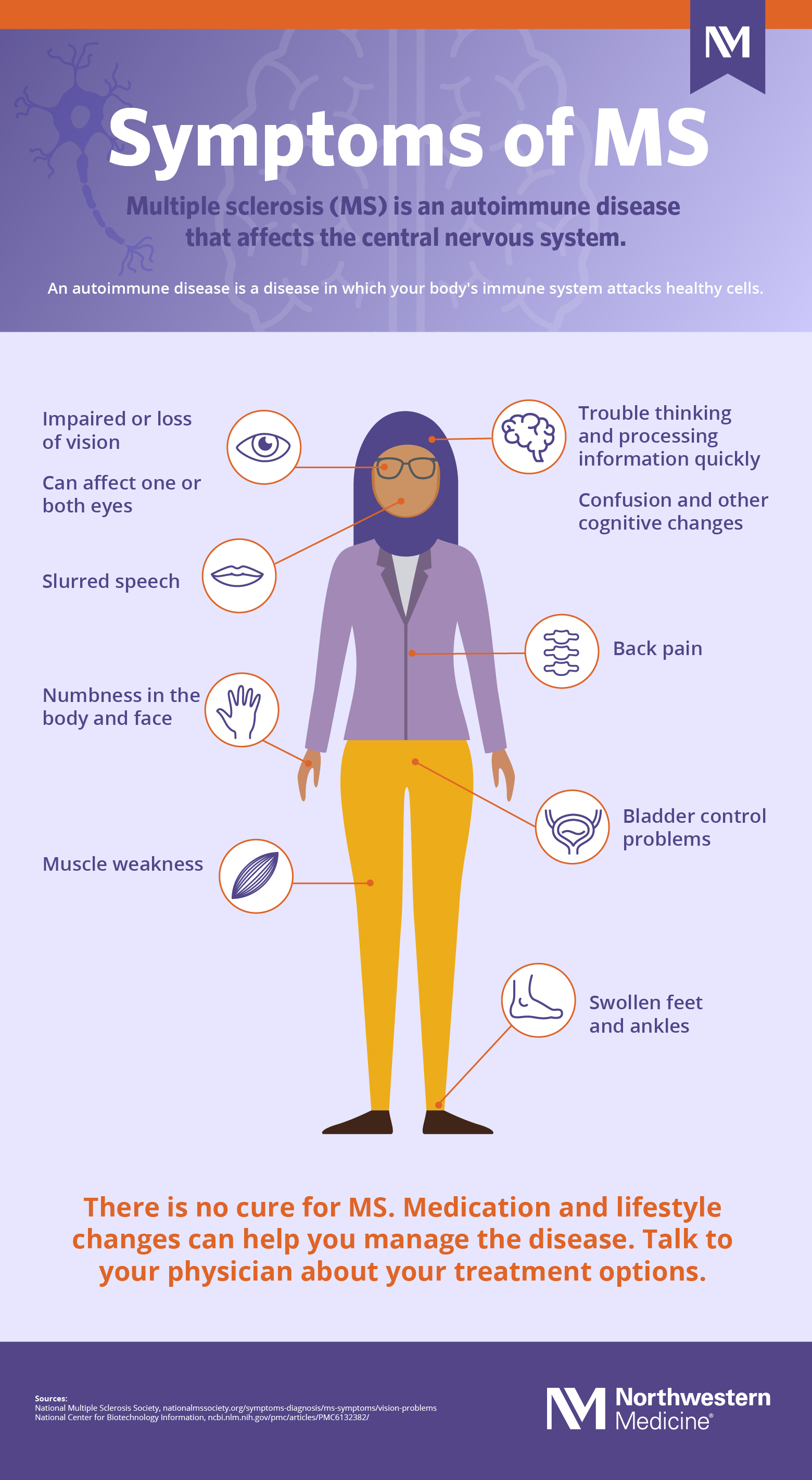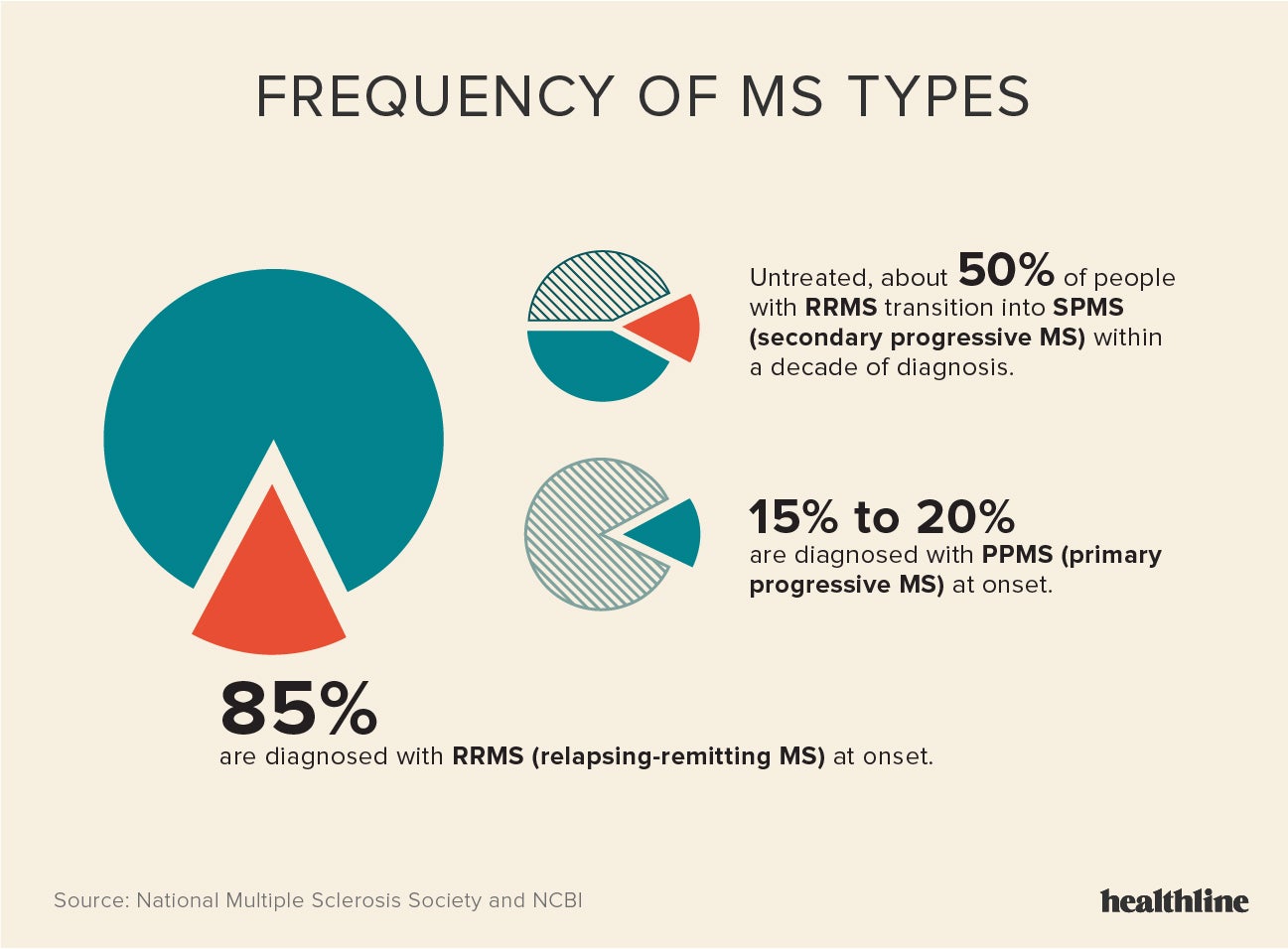MS Size Doesn't Matter - The Clown
Sometimes, what we see on the surface isn't the whole story, especially when it comes to health matters. There's a lot of talk about "ms size doesn't matter the clown," and it really gets to the heart of how tricky some conditions can be to understand. It's about looking past the obvious, you know, and seeing what's truly going on underneath.
This idea, this notion that "ms size doesn't matter the clown," suggests that the outward appearance or even the initial scope of something isn't always the most important thing. It's like a performer in a big, colorful costume; you might notice the bright colors first, but the real performance, the real message, is often found in the subtle movements and the deeper meaning. We are, as a matter of fact, going to explore this thought more deeply.
When we think about health, and specifically something like multiple sclerosis, this idea holds a lot of weight. It means that what might seem like a small issue or a particular finding on a scan might not truly reflect the whole picture for someone living with the condition. It encourages us to look at the full human experience, not just the measurable bits, which is, you know, pretty important.
- Amature Hot Moms
- 9th Circuit Court Ruling On Pardons
- Asian Webcam Amateur
- Total Drama Brick
- Used A Bit Pawn
Table of Contents
- Unmasking the Clown - Understanding MS
- How Do Lifestyle Choices Affect MS? "Size Doesn't Matter The Clown"
- Why Are Women More Affected by MS? "Size Doesn't Matter The Clown"
- Talking With Your Care Team About MS - "Size Doesn't Matter The Clown"
- The Experience of MS - "Size Doesn't Matter The Clown"
- What About Those Brain Spots and Seizures? "MS Size Doesn't Matter The Clown"
- Moving Your Body with MS - "Size Doesn't Matter The Clown"
- Understanding MSA and MS - "Size Doesn't Matter The Clown"
Unmasking the Clown - Understanding MS
Multiple sclerosis, often called MS for short, is a condition that affects the body's central nervous system. This system, you know, includes your brain and spinal cord. It's a condition where the body's own protection system, its immune system, mistakenly goes after the protective covering around nerve fibers, or the cells that make that covering. This covering, called myelin, is kind of like the insulation around an electrical wire. When it gets damaged, messages traveling along those nerves can get mixed up or slowed down. So, in some respects, the "clown" here is the immune system itself, sometimes playing a trick on the body it's meant to protect.
This condition, MS, is a pretty common one among those that cause damage to this myelin. It means that the signals from the brain to the rest of the body might not get through as clearly as they should. This can lead to all sorts of different experiences for people, because different parts of the brain and spinal cord can be affected. It's a very individual path for each person, which is, you know, a key part of why "ms size doesn't matter the clown" rings true. What's happening inside might not always show up in a way you'd expect on the outside.
How Do Lifestyle Choices Affect MS? "Size Doesn't Matter The Clown"
It turns out that some daily habits can really make a difference for people living with MS. For example, people who have MS and also smoke tend to have more instances where their symptoms come back or get worse. This also means, too, that their condition might move forward more quickly, becoming harder to manage over time. And, as a matter of fact, they might experience more difficulties with things like memory and clear thinking.
- Friendly Dental Mooresville
- Can We Talk About The Economic State Of The World
- Meltons App Tap
- Miss Kitty Only Fans
- Asmr Gone Wild
This really highlights the idea that "ms size doesn't matter the clown" because even a habit that seems small, like smoking, can have a really big impact on how MS shows up and progresses. It's like the little things you do can either help the "clown" perform better or, you know, make its act a bit more challenging. Taking care of your body in every way possible is, frankly, a big part of living well with this condition. It's about giving your body the best chance to handle what's happening.
Why Are Women More Affected by MS? "Size Doesn't Matter The Clown"
It's interesting, but women are quite a bit more likely than men to experience MS. In fact, they are up to three times more likely to have the condition. This difference between men and women is something that medical researchers are still trying to figure out completely. There are many ideas about why this might be, including differences in hormones or how the immune system works in men versus women. So, in some respects, this is another way that "ms size doesn't matter the clown" comes into play, as the condition shows up differently across different groups of people.
This gender difference is a really important piece of the puzzle when we think about MS. It means that the experience of living with MS can vary not just from person to person, but also, you know, depending on whether you are a man or a woman. Understanding these patterns helps care teams better support everyone. It's about recognizing that the "clown" can look a little different depending on who's wearing the costume, so to speak.
Talking With Your Care Team About MS - "Size Doesn't Matter The Clown"
If you have MS, or if you're wondering about it, having open conversations with your healthcare team is really important. You should feel comfortable asking about your MS, including what your test results mean, what choices you have for treatment, and, if you feel ready, what the likely path of your condition might be. This kind of open chat helps you feel more in control and, you know, better prepared for what's ahead.
The more you learn about MS, the more you might find yourself feeling a sense of clarity. It's like, you know, pulling back the curtain on the "clown" to see how the magic trick really works. Gaining knowledge can help reduce any worries you might have and help you make choices that are right for you. Your care team is there to help you understand all the ins and outs, so don't hold back on your questions.
The Experience of MS - "Size Doesn't Matter The Clown"
Teams of care providers, like those at places such as Mayo Clinic, see many, many people with MS every year. They look at thousands of individuals, getting a clear picture of what's happening for each person. Because they focus so much on MS and have a lot of practical knowledge, these specialists are often able to make very clear observations about the condition. This kind of deep focus helps them understand the many ways MS can show up, which, frankly, reinforces the idea that "ms size doesn't matter the clown."
When you have experts who spend so much time with one specific area of health, they really get to know all the nuances. For instance, a neurologist who specializes in multiple sclerosis, like Oliver Tobien from Mayo Clinic, can offer very specific insights. These kinds of experts can help explain the basic points of multiple sclerosis, giving people a solid foundation of information. It’s about getting past the confusing parts and getting to the simple truths of the condition.
There are also new treatments that become available over time. For instance, a medication called siponimod, known as Mayzent, got the green light from the FDA a few years ago, back in 2019. These kinds of developments offer new possibilities for managing MS, showing that the story of MS, like the "clown's" performance, is always, you know, evolving and adding new acts.
What About Those Brain Spots and Seizures? "MS Size Doesn't Matter The Clown"
Sometimes, spots on the brain, called lesions, that are linked to MS might cause seizures if they are in certain areas. However, it's really important to remember that these spots are very common for people with MS, but seizures are not common at all. So, it means there are probably other things that play a part in whether someone with MS has a seizure. This is a clear example of "ms size doesn't matter the clown" because a visible spot on a scan doesn't always mean a severe symptom will follow.
It's like seeing a prop on the "clown's" stage; just because it's there doesn't mean it will be used in a dramatic way. The presence of these lesions is a typical part of MS, but their impact can vary a lot. It's a reminder that what looks like a big change on an image doesn't always translate directly into a major health event. There are many elements that contribute to how a person feels and what they experience, which is, you know, pretty complex.
Moving Your Body with MS - "Size Doesn't Matter The Clown"
If you have MS, it's a good idea to talk with your healthcare professional before you start any new exercise routine. Once you get the go-ahead, though, physical activity can be really helpful. People with MS can benefit from getting at least 30 minutes of physical activity at least five days a week. This regular movement can help with many things, from feeling better overall to keeping your body strong. So, you know, even simple, consistent movement can make a big difference.
This focus on consistent movement, even just 30 minutes, truly embodies the spirit of "ms size doesn't matter the clown." It's not about doing something extreme or, you know, a huge amount of exercise. It's about doing something regularly, something manageable, that adds up over time to significant benefits. The small, steady steps are often the most powerful, just like the subtle artistry of a skilled performer.
Understanding MSA and MS - "Size Doesn't Matter The Clown"
It's worth noting that there's another condition with a similar-sounding name: Multiple System Atrophy, or MSA. The experiences of MSA affect many different parts of the body. These experiences usually begin when a person is an adult, typically in their 50s or 60s. While both MS and MSA are conditions that affect the nervous system, they are different. It's important to know the difference, as, you know, sometimes names can sound alike but refer to very distinct health situations.
Just like with the "clown," sometimes there are other performers who look similar but are doing a completely different act. Understanding these distinctions is really important for getting the right kind of support and care. It highlights that even within the broad area of nervous system conditions, each one has its own unique characteristics and path. So, in a way, the "ms size doesn't matter the clown" idea reminds us to look closely at the details, not just the general appearance.

Multiple Sclerosis

Multiple Sclerosis Symptoms Causes Diagnosis Treatmen - vrogue.co

Multiple sclerosis - Carlyn Lind